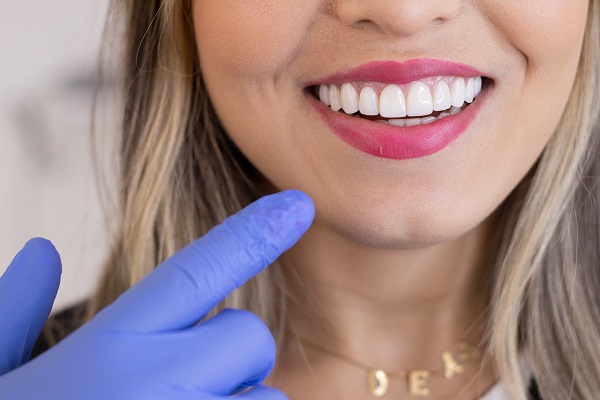What is Corrective Jaw Surgery?

Corrective jaw surgery, otherwise referred to as orthognathic surgery, is often performed in individuals who have a misaligned jaw. It is helpful to have a full understanding of what corrective jaw surgery is and how the procedure is performed. This helps to minimize any nerves and anxieties experienced in the event the surgery is needed.
Corrective jaw surgery overview
Corrective jaw surgery can be intimidating, but it is ultimately a safe procedure. It can improve the quality of life long-term in those who require it. The following is everything to know about corrective jaw surgery. This includes how the procedure is performed, who may require it and how to prepare for the surgery.
How corrective jaw surgery works
Corrective jaw surgery involves realigning the jaw to accomplish cosmetic or oral health benefits. The process of corrective jaw surgery is rather simple, although it does require a dentist or oral surgeon with training to carry out the procedure.
Each patient may have a slightly different experience. But, the first step in the process after anesthesia is administered is to make an incision into the mouth to gain access to the jawbone. After the incision, the jaw is realigned using one of a variety of techniques available. This may include the use of bone plates, screws and wires that ultimately bond with the jawbone.
When corrective jaw surgery is needed
There are a variety of reasons why jaw surgery may be recommended or required. This includes, but is not limited to, the following:
- Improve mouth function
- Fix speech complications
- Relieve pain in the jaw
- Improve the appearance of the jaw
- Repair a facial injury
Anyone who suffers from difficulties functioning each day due to a jaw complication, suffers from a cosmetic issue caused by the jaw or constantly experiences jaw pain may be a good candidate for corrective jaw surgery. Be sure to talk to a dentist or oral surgeon about the possibility of corrective jaw surgery if any complications exist.
How to prepare for corrective jaw surgery
Proper preparation for corrective jaw surgery is important. The dentist or oral surgeon performing the surgery should provide the patient with detailed instructions on how to prepare for the day of surgery. Each patient may have a different preparation routine. But, many cases of corrective jaw surgery involve the use of extensive X-rays, CT scans and other examination methods to get a clear indication of what is needed to fix the complication.
Be sure to make the necessary arrangements to allow for proper rest following corrective jaw surgery.
Corrective jaw surgery aftercare
Be sure to follow the detailed instructions provided by the dentist or oral surgeon after corrective jaw surgery is performed. It is important to properly prepare for diet, lifestyle and oral hygiene routine changes for the first few days or weeks following the operation. Be sure to ask your dentist about ways to handle any discomfort following the procedure. Alsoos, make sure to allow for time off from work as healing in a timely manner requires proper rest and relaxation.
In conclusion
If you think corrective jaw surgery is for you or you want a professional's opinion, then contact us today. We will be happy to schedule an appointment and help you in any way possible.
Request an appointment here: https://www.centralcoastoms.com or call Wilson Oral Surgery at (805) 910-1213 for an appointment in our Santa Maria office.
Check out what others are saying about our services on Yelp: Read our Yelp reviews.
Related Posts
Single-tooth dental implants have modernized dentistry, as they offer a permanent solution for replacing a missing tooth in the long term. Single-tooth dental implants can restore your smile and function just like natural teeth. In this review, we discuss what single-tooth dental implants are, how they compare with alternative solutions, and when they are recommended.Choosing…
Studies reveal that sedation oral surgery relieves anxiety and discomfort in patients. Sedation can relax you while you are in the treatment chair. It is ideal for patients who suffer from dental fear. Here are the details to consider about sedation oral surgery.Research shows that many people do not get proper dental care because of…
Dental implants offer a reliable and long-lasting solution for replacing missing teeth. If you are considering this procedure, you likely have several questions about the process. Here are some of the most frequently asked questions about dental implants to provide valuable insights to help you make an informed decision about your oral health.Dental implants are…
An implant dentist is a dental professional that offers dental implant restorations. Implant dentists often recommend dental implant restorations because of the benefits they offer that alternative solutions such as fixed bridges and removable dentures cannot provide.To help you decide if treatment may be right for you, this review discusses why implant restorations are so…
